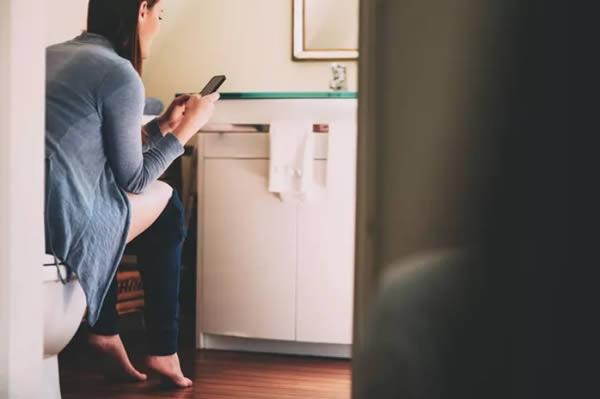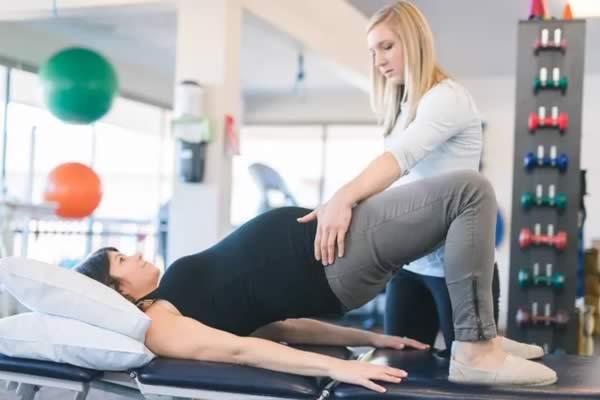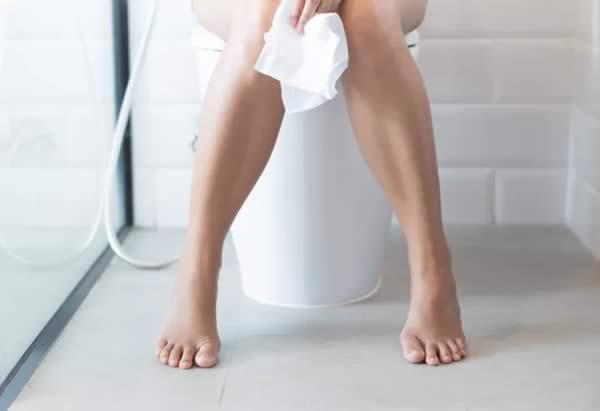Livestrong | 6 Signs You Should See a Pelvic Floor Therapist
Livestrong writer Lacey Muinos was tasked with creating an article about the signs that you should see a pelvic floor therapist, and she came up with six of them. She came to me asking for my expert opinion, and here is a brief synopsis of the article, along with a link to the full article […]







